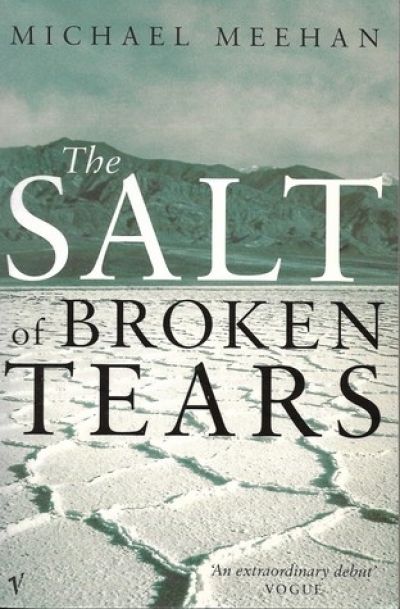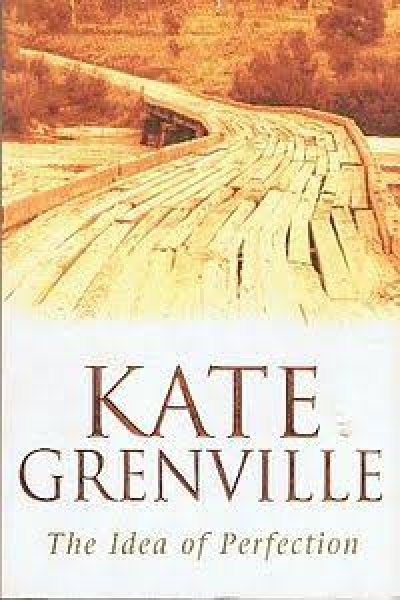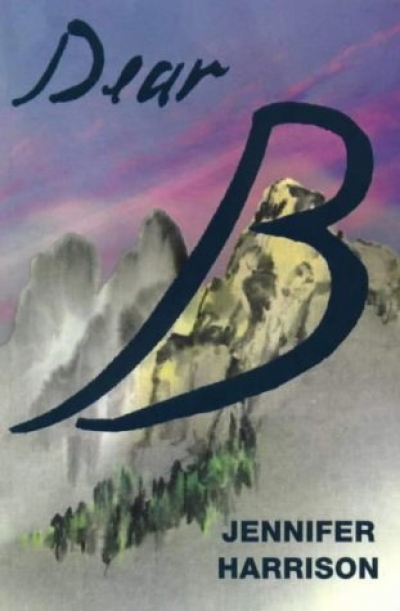Archive
Dear Editor,
‘Who reads it?’ asks Gerard Windsor of HEAT (ABR, June 1999) and admits he no longer does. In fact, he confesses, he never reads stories or essays by writers who don’t have a book to their name. What a strange and limiting conceit! But as for who reads HEAT, well, I for one do – every issue, from cover to cover ...
Dalliance and Scorn by by Alan Gould with drawings by Anne Langridge
by Adam Aitken •
Breaking the Codes: Australia’s KGB Network 1944-1950 by Desmond Ball & David Horner
by Peter Edwards •








